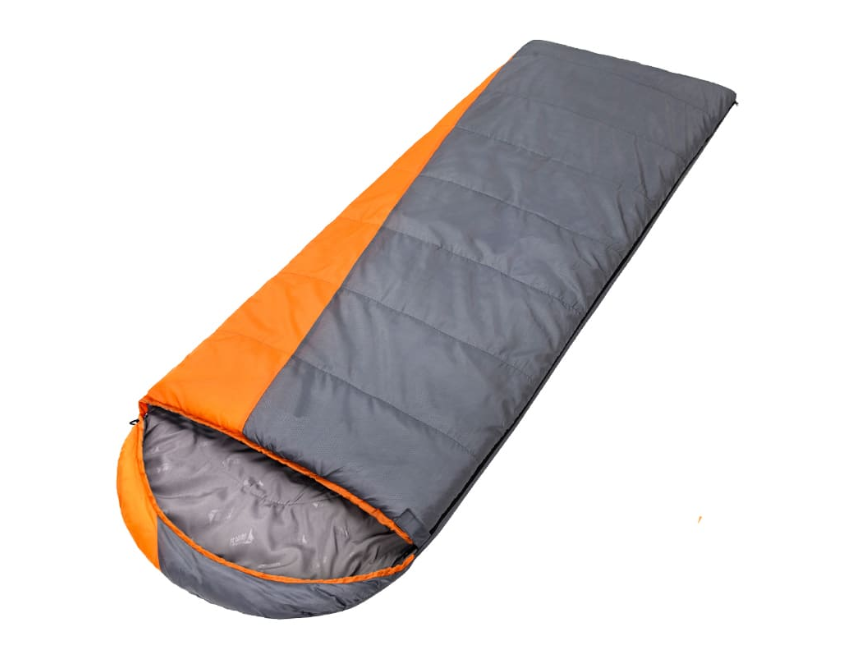Introduction
In the demanding and diverse conditions faced by the British Army, the quality and functionality of equipment are paramount. Among these essential items, the sleeping bag stands out as a critical component for soldier comfort and survival. Synthetic British Army sleeping bags represent a significant innovation in this area, offering durability, comfort, and adaptability. This article delves into the features, benefits, and technological advancements of synthetic British Army sleeping bags.
The Evolution of British Army Sleeping Bags
The British Army’s history of equipment innovation includes the evolution of its sleeping bags. Moving away from traditional down and cotton materials, the army has embraced synthetic fibers for their superior performance in various environments. This shift aligns with the army’s need for versatile, durable, and easy-to-maintain gear.
Design and Features of Synthetic British Army Sleeping Bags
- Advanced Insulation: Using high-quality synthetic materials, these sleeping bags offer excellent insulation, crucial for operations in cold and damp environments.
- Moisture Resistance: They are designed to resist moisture, an essential feature in the UK’s often wet climate. This resistance helps maintain warmth and comfort, regardless of external conditions.
- Durability and Ruggedness: Tailored for the tough conditions of military operations, these sleeping bags are built to endure rough handling and challenging environments.
- Lightweight and Compact: The design emphasizes portability, with the bags being lightweight and easy to compress, aiding in the mobility and efficiency of soldiers.
- Easy to Clean and Maintain: Synthetic materials allow for easy cleaning and quick drying, an invaluable feature during extended field operations.
Benefits in the Military Context
The choice of synthetic sleeping bags brings numerous advantages to British Army operations:
- Versatility in Various Climates: They are suitable for a wide range of climates, from the damp and cold of Northern Europe to warmer, dryer overseas conditions.
- Consistent Performance: Synthetic bags perform consistently well in both dry and wet conditions, a contrast to down bags that can lose their insulating properties when damp.
- Health and Safety: The hypoallergenic nature of synthetic fibers is beneficial for soldiers who may have allergies, contributing to their overall health and readiness.
Technological Innovations
The development of synthetic British Army sleeping bags has been fueled by technological advancements. Innovations in synthetic fiber technology have resulted in lighter, more compressible, and better-insulating materials. Additionally, ergonomic designs and improved breathability have enhanced the overall functionality and comfort of the sleeping bags.
Sustainability and Environmental Considerations
Recent trends in military equipment also emphasize sustainability. The British Army, in line with these trends, is increasingly considering the environmental impact of its gear. This shift includes exploring recycled materials and sustainable production processes for its sleeping bags.
The Future of Synthetic Sleeping Bags in the British Army
The future promises further advancements in sleeping bag technology. Anticipated developments include improved thermal regulation, reduced environmental impact, and enhanced comfort features, all aimed at supporting the diverse operational needs of the British Army.
Conclusion
Synthetic British Army sleeping bags represent a blend of practicality, innovation, and adaptability. Their development and continuous improvement reflect the army’s commitment to providing its personnel with the best possible equipment. As technology advances, these sleeping bags are poised to become even more efficient, sustainable, and crucial to the success of military operations


